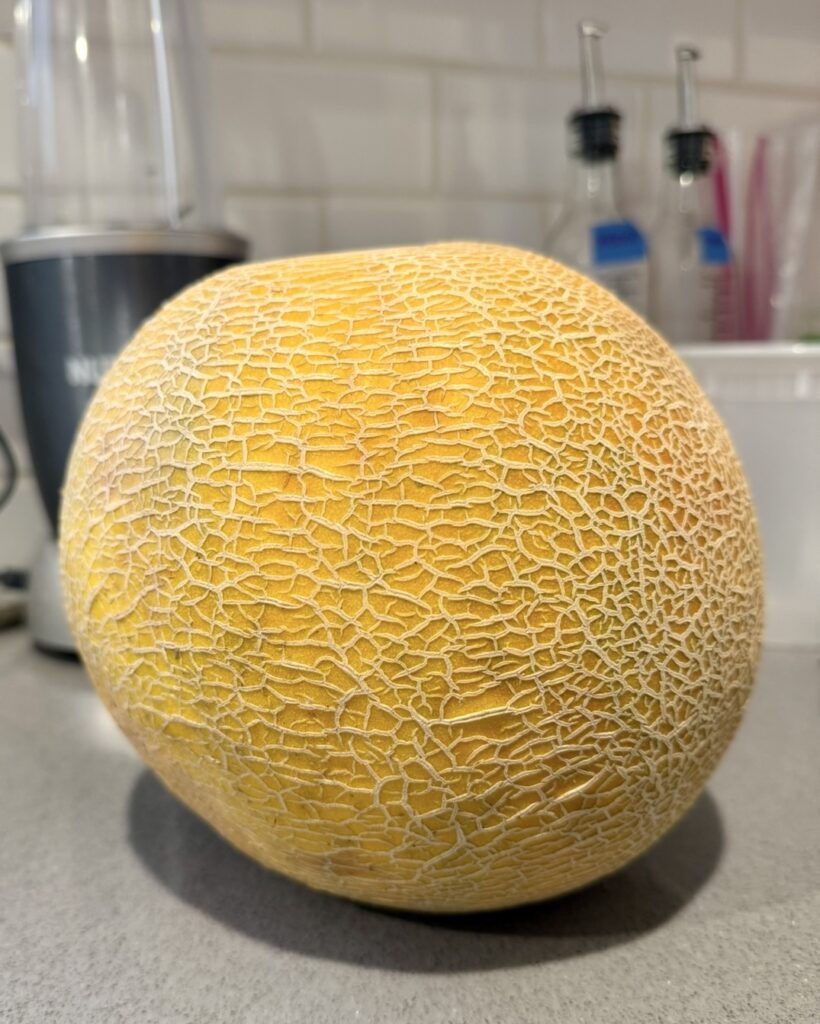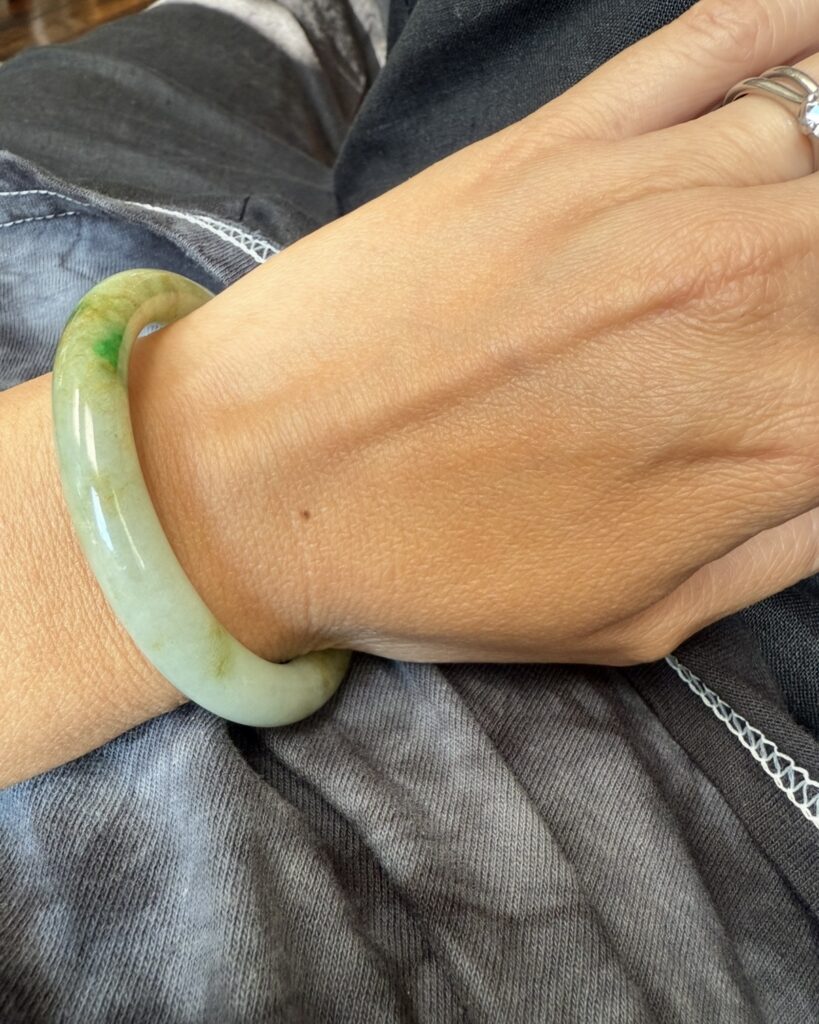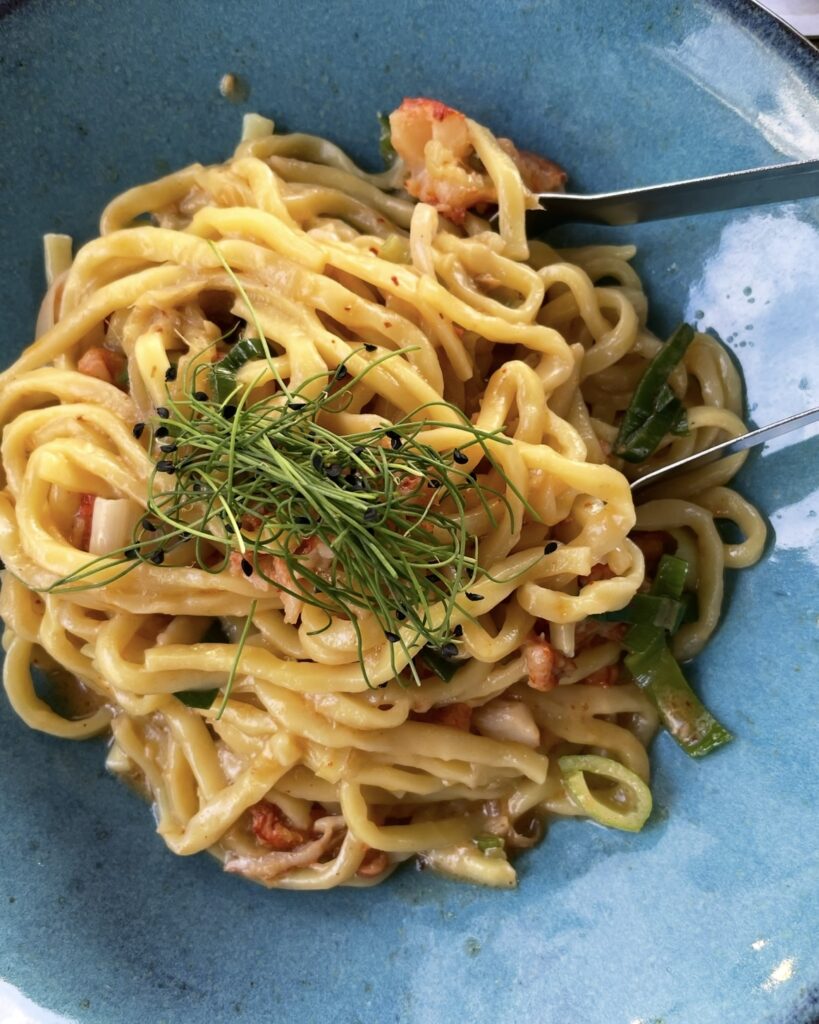Why rituals matter, and why I’m leaning into the ones I grew up with
If you walk through any museum, you’ll notice how much of what we know about ancient cultures comes from ritual. Offerings, vessels, jewelry, charms, garments. It wasn’t “just” decoration. These objects carried meaning: protection, luck, fertility, gratitude. They were the stuff of daily life. They were reminders that people weren’t just surviving, but living with intention.
Yet, in modern life, rituals so often slip away. Efficiency replaced them. Why steep medicinal tea when you can swallow a pill? Why cook a traditional dish when takeout is faster? Individualism eroded the collective. Science flattened mystery into data. Migration and assimilation push people to blend in and leave behind practices that mark them as “other”. Slowly, rituals become remnants of a time that once was, tucked into memory or behind museum glass.
I don’t think the human need for ritual ever disappears. It’s written into us. That’s why you see people lighting candles for self-care, rolling out yoga mats, or crafting morning routines as if they were sacred rites. Having a warm beverage every morning is a ritual of mine (as is my husband’s process of making me one). Sports fans paint their faces for a game, birthdays are celebrated with a cake and a song.
Lately, I’ve found myself leaning into the rituals I grew up around, especially the Chinese ones. I was inspired to write about this topic because I reached for “cooling” foods last week. According to Traditional Chinese Medicine, there are “cooling” and “heaty” foods, and you need to maintain balance. I’ve been breaking out and biting my cheeks after eating lots of spicy and fried foods (“heaty”), so I had melon (“cooling”) for dessert every day for a week. Look, I believe in science, but I also believe in centuries-old wisdom — especially when it clears up my skin.

Other Chinese rituals I practice: Eating chicken and noodles on my birthday, because chicken is good luck and long noodles mean long life. Wearing my jade bangle for protection, even though it was definitely seen as auntie-core when I was a kid (and let’s be real, it’s gorgeous). Wearing red for the moments I need luck or celebration. Lighting incense to purify my home’s energy and ward away bad juju.
These might look like superstitions from the outside (“I’m not superstitious, but I’m a little stitious” – Michael Scott). But to me, they’re more than that. They’re ways of staying tethered to a lineage and a community, even when modern life tries to strip that away. When I eat my birthday noodles, I’m not just having dinner, I’m celebrating a tradition practiced for centuries. When I rock my jade bangle, I’m carrying a piece of my heritage that protects me in ways both seen and unseen.

Rituals like these remind me that love, protection, and belonging don’t always need to be spoken outright. Sometimes they’re eaten, sometimes they’re worn, sometimes they live in tiny gestures. The older I get, the more I understand why my parents and grandparents clung to these small acts, even as they built new lives in a new country. Rituals weren’t just habits. They were identity, they were culture. They were a way of saying “we’re still us even in a different place.”
Maybe modern society wants to sand down those edges, to make everything faster, smoother, easier, optimized (ooh, I have a whole post’s worth of opinions about optimization, but I digress), homogenized. But I don’t think ease is the point. Rituals slow us down. They make us pause, notice, connect. They remind us that even the smallest things — a bowl of noodles, a jade necklace, a red shirt — can turn the everyday into something meaningful.

I think that’s why I find myself craving them more now. I want to slow down, connect, find meaning in the mundane, and be more intentional about what I do and why I do it. I also think — in a full-circle kind of way — that I want these rituals for the same reasons my parents did. They’re not just rituals I practice… they’re rituals that hold onto me.
There’s probably more to unpack here, but for now, I’m happy acknowledging my rituals, even if they seem a little stitious.
Leave a Reply